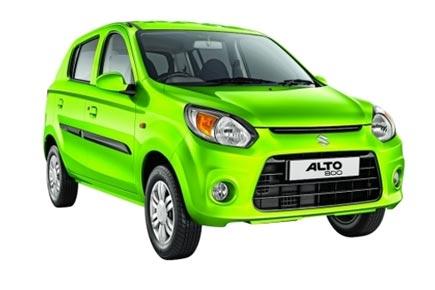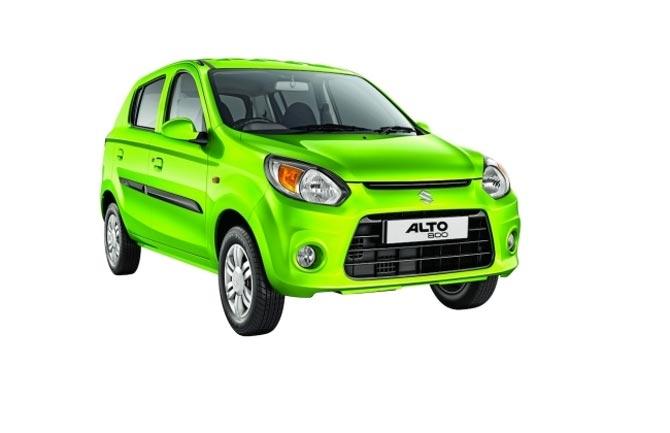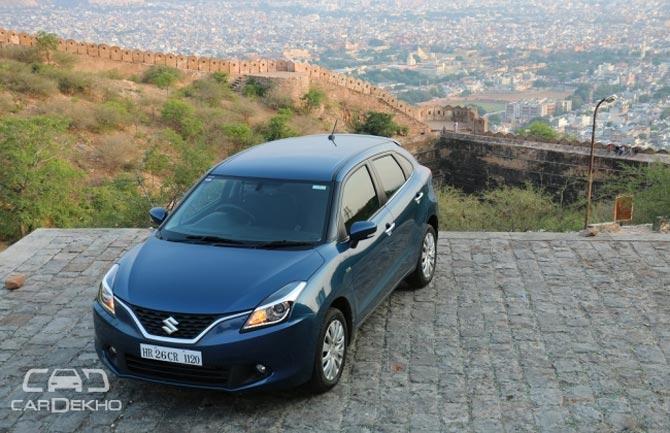Earlier this year, Global NCAP carried out a series of crash tests with multiple India-spec cars

Earlier this year, Global NCAP carried out a series of crash tests with multiple India-spec cars. The results, expectedly, weren't exactly positive. However, it also made us think about the various players involved when it comes to vehicle safety in India, which is why we posted this article to highlight the fact that the responsibility doesn't lie with manufacturers alone.
ADVERTISEMENT

Ever wonder just how many buyers consciously opt for safety features? We have some data from Maruti Suzuki that doesn't paint a pretty picture.
Maruti Suzuki offers airbags and ABS with 11 of its models, either as standard or as an optional extra. However, as per the carmaker's data, only 37 per cent of the brand's customers are opting for the added safety tech (driver airbag/dual airbag/ABS with EBD). Even in this minority share, the primary contributors are models like the Baleno, S-Cross and Vitara Brezza, which get certain safety features as standard.

The Alto, which accounts for nearly 16 per cent of Maruti's domestic sales, is offered with an optional driver airbag. Only a meagre 5 per cent of the model's buyers opted for the feature, which costs an additional Rs 6,000. The number is only slightly better with WagonR customers, with 15 per cent of them opting for dual airbags. Combined, the WagonR and Alto contribute to around 30 per cent of Maruti Suzuki's sales.
Some might argue that dual airbags and ABS should be offered as standard so customers have no choice but to buy safer cars. However, buyers in entry level car segments are price sensitive and if motorists refrain from spending a few thousand rupees for life-saving technology, manufacturers get an argument against the investment.
It looks like this is a trend that can only be broken with the government enforcing more stringent norms.
Read full article on cardekho.com
 Subscribe today by clicking the link and stay updated with the latest news!" Click here!
Subscribe today by clicking the link and stay updated with the latest news!" Click here!







